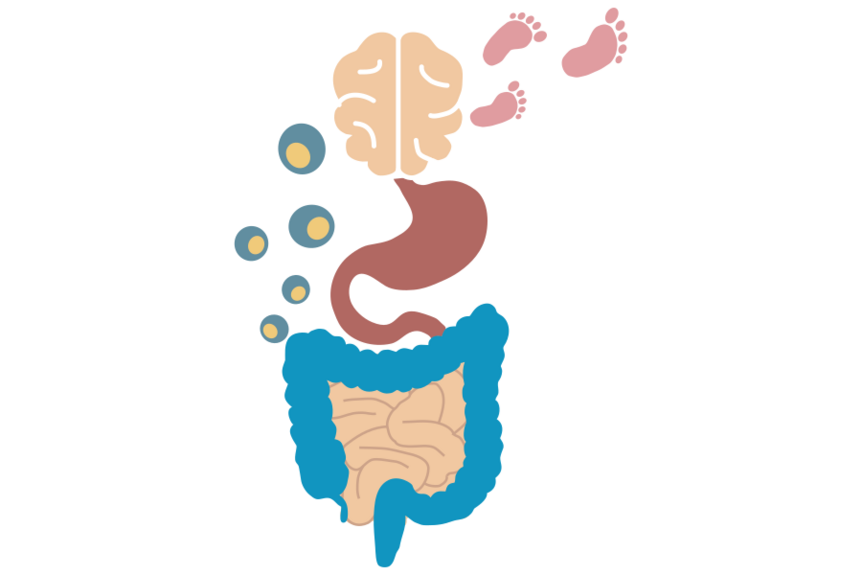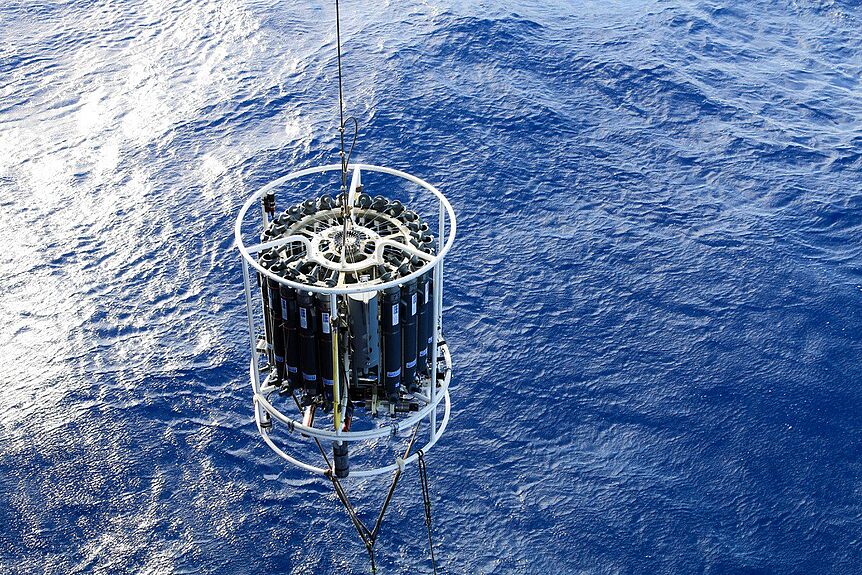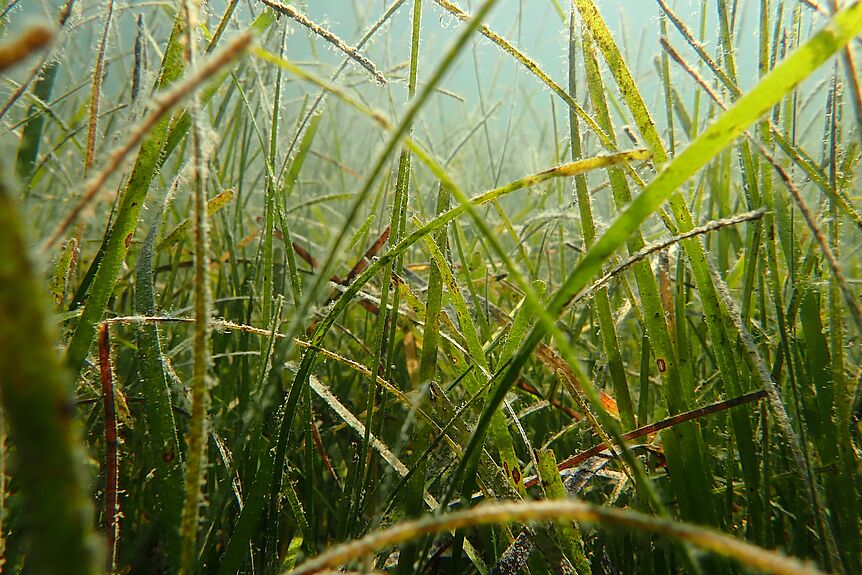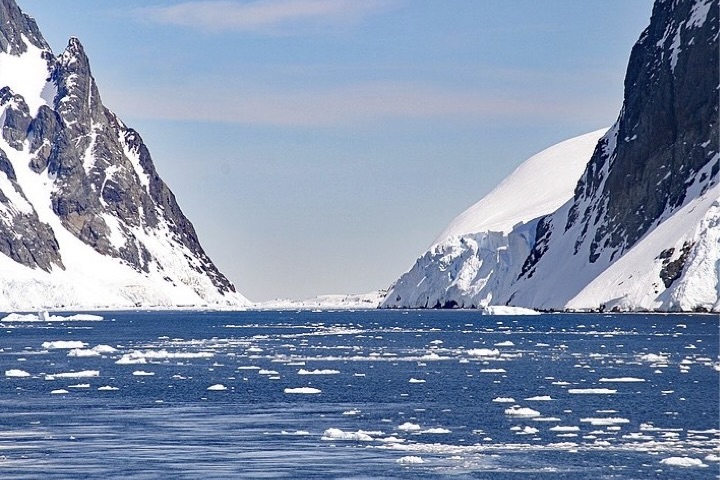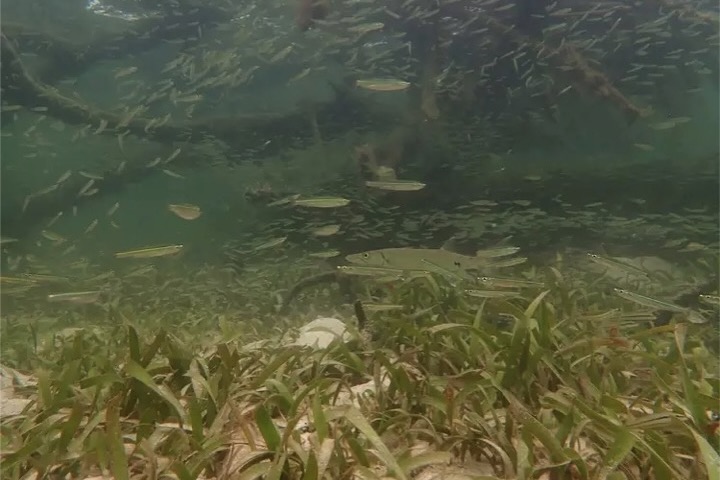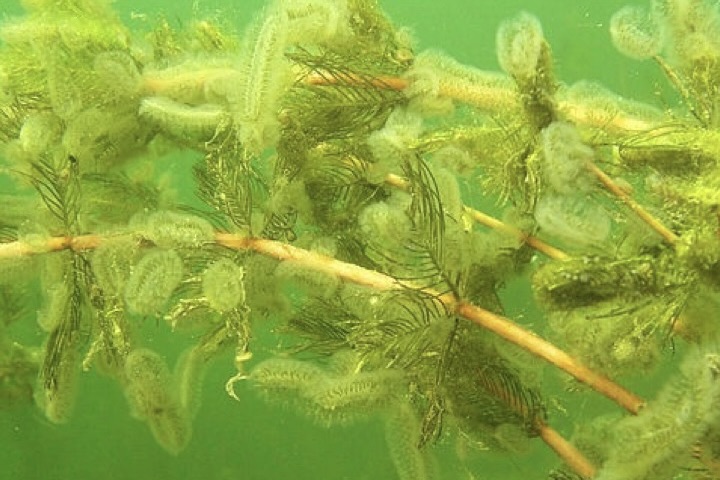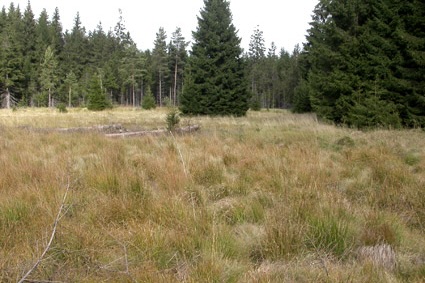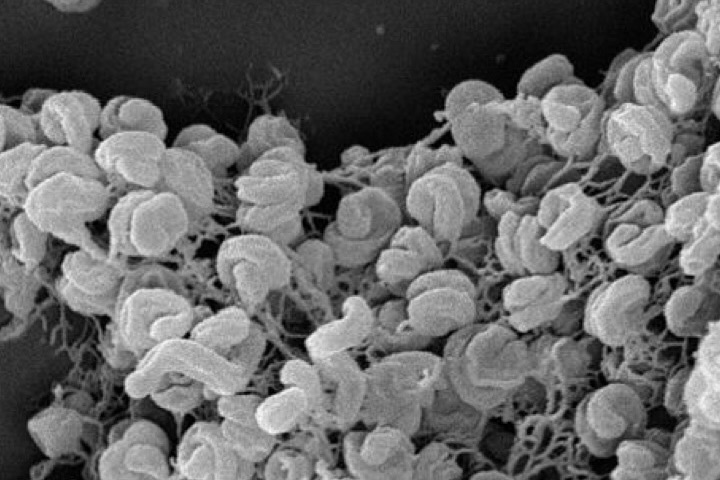
Research at DOME spans from ecophysiology, genomics, and evolution of key microorganisms in selected ecosystems to interactions of microbes among each other and with eukaryotes. Browse specific areas of active ongoing research below, or explore the researcher profiles of our principle investigators to learn more.
Current Projects
Nutrient cycles
Virus-host interactions
Symbiosis
Technology / method development
Symbiosis
Nutrient cycles
Microbial physiology
Microbial physiology
Microbial physiology


